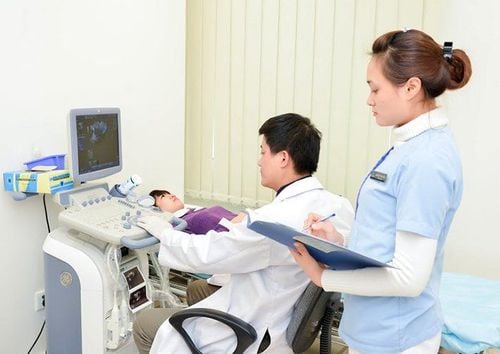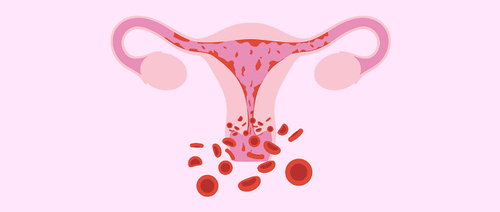This is an automatically translated article.
The article was advised by a Doctor of Obstetrics and Gynecology - Vinmec Times City International General Hospital.“About 40% of American women have problems with sexual dysfunction. There is no similar number in Vietnam. Maybe the demand is great, but there is no place for examination, consultation, treatment and no sex therapist in Vietnam.” So how to approach a safe, healthy sex life with the right sexual behavior, listen to the advice from the doctor below!
1. What are the causes of sexual dysfunction in women? Sexual dysfunction can be long-lasting, or newly acquired. The main causes of sexual dysfunction: frigidity, age, hormone decline, gynecological pathology, stress, depression and life and relationship problems.
2. Groups of Sexual Dysfunction The four groups of sexual dysfunction include: One is lack of desire, two is decreased arousal, three is not reaching orgasm, and four is painful intercourse. (temporary or permanent) or vaginismus.
2.1 Lack of libido (HSDD disorder) This is the concern most mentioned by women. Lack of libido before sex can also be normal for some women. In these people, the desire comes back only when they initiate sex. Lack of libido is considered a disorder when a woman:
Either does not want to engage in any kind of sexual relationship, including masturbation Or has no or very little thought of sex or interest. 2.2 Decreased Agitation Arousal includes a series of physical and emotional changes that occur in a woman's body as a result of sexual arousal. Agitation can be influenced by many factors including medical conditions, medications, alcohol, tobacco, or drugs. Anxiety, depression, or bad experiences from previous sexual relationships can make arousal difficult. Decreased agitation is also caused by hormone decline, menstrual irregularities, inhibition of contraction response.
2.3 Not having an orgasm This may not be a problem for many women, because a lot of the time feelings and closeness are more important to them. Women who do not orgasm may never have orgasms with casual partners, or they had orgasms at one point but no longer, despite sufficient arousal, or orgasm only with masturbation but not with a partner. Orgasm intensity can decrease with age, anxiety about body and genitalia, or distrust of a partner.
2.4 Painful intercourse can be temporary or permanent Pain can also occur with other sexual activities that do not require intercourse. Most sexually healthy women have painful intercourse at some point in their lives. Gynecological problems such as vaginal dryness, inflammation, tumors, or endometriosis, can all cause pain. Lack of desire or decreased arousal are also predisposing reasons for painful intercourse. Mental conditions, both for the woman and her partner, can cause painful intercourse. The location of pain also varies from vulva, vagina, clitoris or perineum, or deeper.
The mucosal area of the vaginal canal is wider than in men, making the vagina more susceptible to injury or infection during sex, which also affects sexual function.

Thiếu ham muốn hay giảm khích động cũng là các lý do đi trước của giao hợp đau

Chữa trị rối loạn chức năng tình dục tại bệnh viện Vinmec
Questions related to obstetrics and gynecology and sex (including including the man), current medical conditions, medications taken, necessary adjustments to intercourse (preparation and emotions, stages, positions, aids, etc.), the necessary practice, the G-spot position for sexual response. Provides specific treatment for disorders with a clear cause Although not a health or life-threatening condition, when faced with this disorder, a woman's sex life will be turned upside down. confused. It can even lead to marriage breakdowns when sexual issues are not reconciled. Hopefully the above sharing will help women quickly get successful treatment, no longer have repeated problems in sex life, regain confidence and maintain family happiness.













